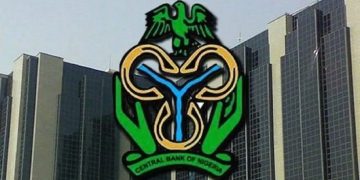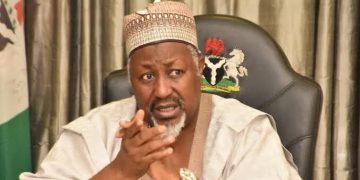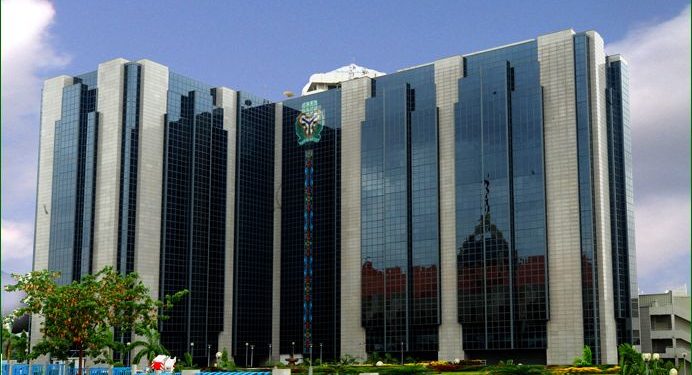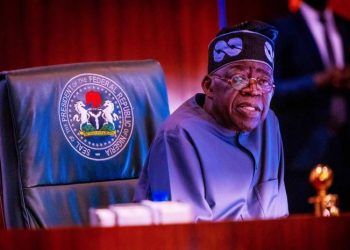Nigeria’s external reserves have surged to $40.11 billion as of July 2025, marking the highest level recorded since November 2024. This was disclosed by the Governor of the Central Bank of Nigeria (CBN), Yemi Cardoso, during the Monetary Policy Committee (MPC) briefing held on Monday, July 22.
According to Cardoso, the $40.11 billion reserve level now provides the country with approximately 9.5 months of import cover, which represents a strong buffer for Nigeria’s foreign currency position. The milestone is a critical sign of progress as the apex bank continues its efforts to stabilize the exchange rate, boost investor confidence, and reinforce macroeconomic stability.
Key Drivers Behind the Reserve Increase
Several factors have contributed to the recent jump in Nigeria’s foreign reserves:
- Increased Capital Inflows: There has been a significant uptick in foreign portfolio and direct investments following renewed global confidence in Nigeria’s economic reforms.
- Improved Crude Oil Output: Oil production levels have remained stable at an average of 1.5 million barrels per day, positively impacting foreign exchange earnings.
- Rising Non-Oil Exports: Agriculture and solid minerals exports have increased, adding new sources of foreign exchange to the economy.
- Market-Driven Exchange Rate: The introduction of a liberalized exchange rate regime has helped reduce pressure on the naira and narrow the gap between the official and parallel market rates.
- Tighter Monetary Policy: The CBN has maintained strong policy measures to combat inflation and encourage savings, thereby strengthening external confidence.
CBN Governor’s Remarks
Governor Cardoso noted that the buildup of reserves has been intentional and strategic, pointing out that improved confidence in the Nigerian economy is beginning to reflect in key indicators. He reaffirmed the bank’s commitment to sustaining transparency in foreign exchange management, supporting price stability, and ensuring that Nigeria continues to attract foreign investments.
Nigeria’s GDP Growth Trends (2022–2024)
To give a broader perspective on the macroeconomic environment, here is a comparative table showing GDP growth over the last three years:
| Year | GDP Growth Rate (%) | Main Drivers | Economic Highlights |
|---|---|---|---|
| 2022 | 3.25% | Oil recovery, services, trade rebound | Post-COVID recovery boosted by service sector growth and improved oil production |
| 2023 | 2.90% | Tight FX, inflation pressures | High inflation and exchange rate instability slowed growth |
| 2024 | 3.40% | FX reform impact, higher oil output | GDP rebounded strongly, driven by services sector and non-oil exports |
Economic Implications
The improvement in external reserves carries wide-reaching implications for Nigeria’s economy:
. Foreign Exchange Stability
With $40.11 billion in reserves, Nigeria can better withstand external shocks and reduce volatility in the foreign exchange market.
. Investor Confidence
The reserve level sends a strong signal to global markets about Nigeria’s creditworthiness and economic stability, attracting more foreign direct investments.
. Inflation Control
A more stable naira and rising reserves can help ease imported inflation, contributing to price stability over the coming quarters.
. Policy Credibility
This development reinforces the credibility of the Central Bank’s ongoing reforms, including the unification of exchange rates and prudent monetary tightening.
Outlook for the Second Half of 2025
The Central Bank expects further consolidation of reserves as oil prices remain steady and capital inflows continue. The next Monetary Policy Committee meeting scheduled for September 2025 will review inflation, interest rates, and exchange rate dynamics to guide future policy decisions.
Inflation, which peaked at over 28 percent in early 2025, is expected to moderate as harvest season sets in, and the naira continues to strengthen. The CBN has projected a single-digit inflation target by the end of 2026 if current reforms are sustained.
Expert Commentary
Economic analysts have welcomed the development, describing it as a strong indication that Nigeria is beginning to reap the dividends of bold economic reforms. Financial analyst Tunde Bello noted, “This reserve level gives Nigeria room to defend the naira and strengthen macroeconomic resilience. If well-managed, it can mark a turning point for Nigeria’s economy.”
The rise in Nigeria’s external reserves to $40.11 billion reflects positive momentum in foreign exchange inflows, fiscal management, and investor sentiment. It signals that the economy is gradually stabilizing, with the potential for sustainable growth in the coming years.























































